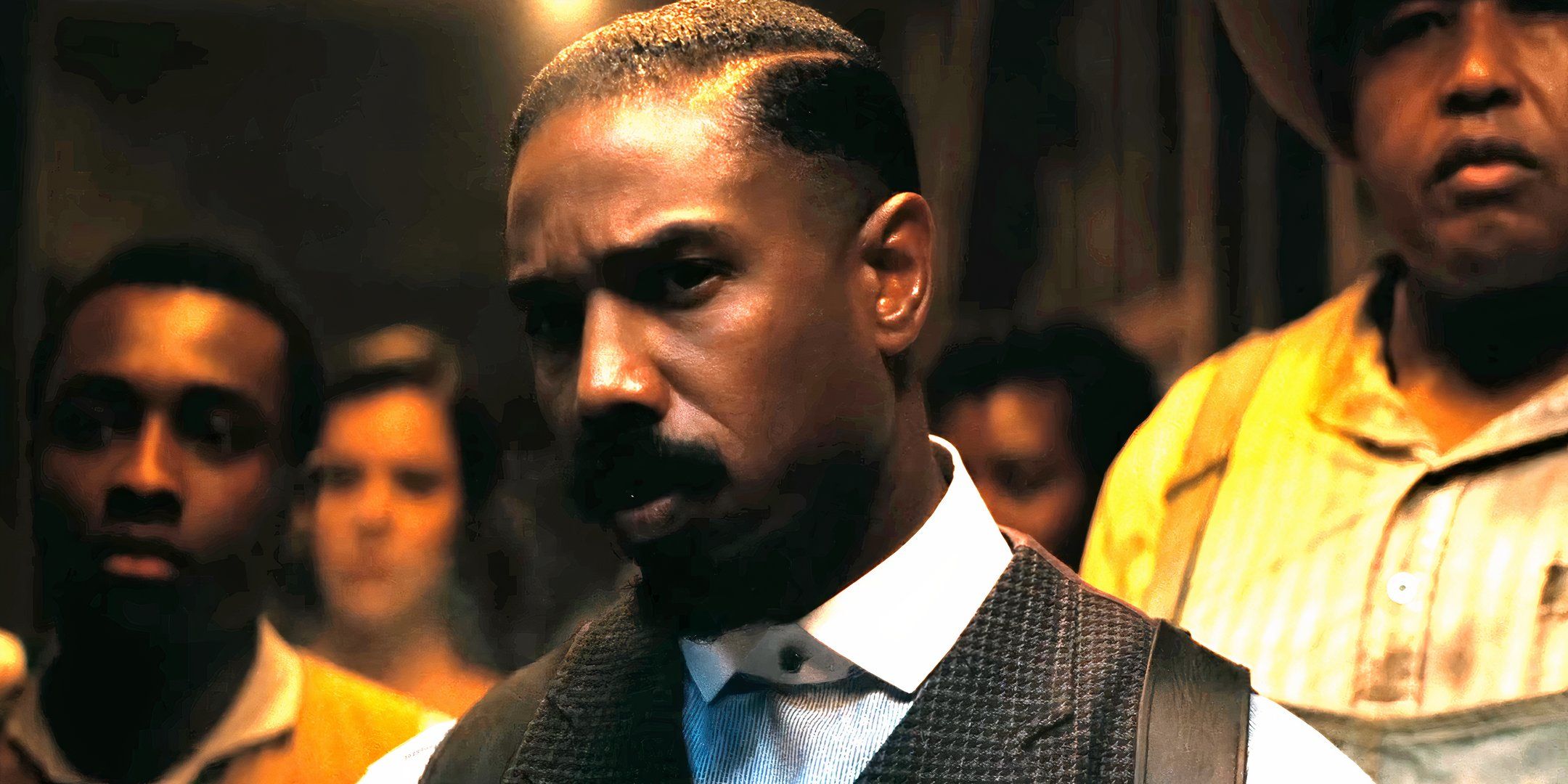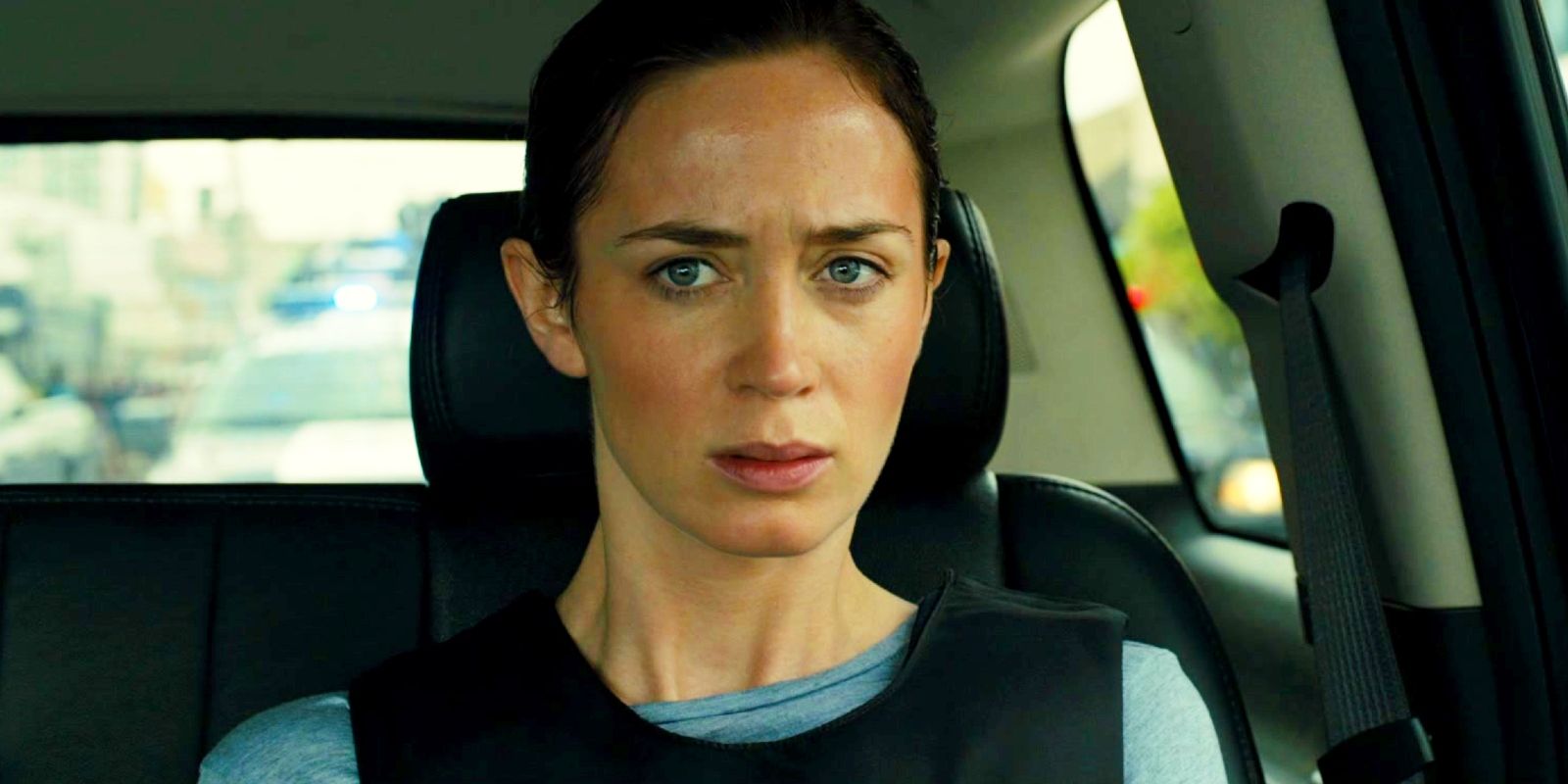The Deepwater Horizon incident, you know, it’s one of those moments in recent memory that really stuck with a lot of us. It was a massive event, a truly shocking disaster that unfolded in the Gulf of Mexico, leaving a lasting mark on the environment and on the lives of many people. This was back in April of 2010, when an offshore drilling rig, the Deepwater Horizon itself, experienced a catastrophic explosion. It wasn't just a big fire, though; this event, quite simply, set off the worst oil spill in the entire history of the United States.
So, a lot of folks, they might remember seeing the news reports, the images, and maybe even feeling a sense of helplessness as the situation developed. It was a very real, very public crisis, and it brought into sharp focus some serious questions about industrial safety and environmental care. The sheer scale of the oil spill, that, is that, it just kept going for so long, and it affected so much of the delicate marine life and coastal areas. It's a story that, in some respects, truly needed to be told, to show what happened and what it meant for everyone involved.
And that’s where the movie comes in, isn't it? The film "Deepwater Horizon," which came out in 2016, really brought this harrowing event to the big screen. It’s a dramatization, to be honest, but it aims to tell the story through the eyes of the people who were actually there, those who lived through that terrifying day. It tries to give us a sense of what it was like for the workers on that rig, what they faced, and the incredible challenges they had to overcome just to survive. It's more or less about the human element of a truly immense disaster.
- Judy Lewis Pics
- Olson Twin
- Kris Jenner And Bruce Jenner Marriage
- New Fish Species Discovered
- Baby Thrown From Hotel Paris
Table of Contents
- What Really Happened on the Deepwater Horizon True Story?
- The Disaster's Immediate Aftermath - Deepwater Horizon True Story
- How Does the Movie Portray the Deepwater Horizon True Story?
- The People Behind the Deepwater Horizon True Story
- What Was the Cost of the Deepwater Horizon True Story?
- Lessons Learned from the Deepwater Horizon True Story
- Is the Deepwater Horizon True Story Still Relevant Today?
What Really Happened on the Deepwater Horizon True Story?
The actual events that led to the Deepwater Horizon disaster are, you know, pretty complex, but the core of it is a story of a drilling operation gone terribly wrong. On April 20, 2010, this massive offshore drilling rig, called the Deepwater Horizon, was working away in the Gulf of Mexico. It was doing what these rigs do, basically, trying to get oil from deep below the ocean floor. But something went very, very wrong with the well. There was a sudden rush of gas and oil, a kind of surge, that overwhelmed the safety systems on the rig. It's almost like a pressure cooker exploding, in a way, just a little bit, but on a much, much larger scale, and with far more dangerous materials.
This rush of volatile material caused a series of explosions and a huge fire. The rig, which was a truly enormous structure, was quickly engulfed in flames. The people on board, the crew members, they were suddenly facing a life-or-death situation. It was a chaotic scene, I mean, with fire everywhere and the rig itself starting to fall apart. Many of the workers were trying to escape, to get to safety, while others were fighting to contain the disaster, to shut things down, or to help their fellow crew members. It was a moment of sheer terror and, honestly, incredible bravery for many of those caught up in it. The whole Deepwater Horizon true story starts with this sudden, violent event.
The explosions led to the rig sinking a couple of days later, and that’s when the real environmental catastrophe began. With the rig gone, the well at the bottom of the ocean, which was basically uncapped, started gushing oil into the Gulf. This wasn't just a small leak; it was a continuous flow of crude oil, day after day, for months. It was, apparently, a truly unbelievable amount of oil pouring into the water, spreading across vast stretches of the ocean and reaching the coastlines. This part of the Deepwater Horizon true story is what caused so much long-term environmental concern and damage.
- When Did Zayn And Gigi Break Up
- Imploded Submarine
- Duloxetine Recall Fda
- Shayna Hubers
- Carrying His Baby Stealing His Heart
The Disaster's Immediate Aftermath - Deepwater Horizon True Story
Once the Deepwater Horizon rig went down, the focus shifted very quickly to stopping the oil flow and dealing with the immediate mess. The sheer amount of oil spilling into the Gulf was, well, staggering. It created huge oil slicks that you could see from space, even. This oil, you know, it spread out and started to coat everything in its path – the surface of the water, the beaches, the marshlands. It was a truly disheartening sight for anyone who cared about the natural world, and that's pretty much everyone, right?
The impact on wildlife was, like, immediate and very visible. Birds covered in oil, marine animals struggling to breathe, fish populations just, sort of, suffering immensely. The fishing industry, which is a really big deal for the communities along the Gulf Coast, basically came to a halt. People’s livelihoods were suddenly gone, or at least put on hold for a very long time. It wasn't just about the oil itself; it was about the chemicals used to try and break up the oil, too, which some argued caused their own problems. This part of the Deepwater Horizon true story really highlights the widespread consequences of such an event.
The efforts to cap the well were, honestly, incredibly difficult and took a very long time. It wasn't something that had really been done before at that depth, so there was a lot of trial and error. Engineers and scientists were working around the clock, trying different methods, from massive containment domes to drilling relief wells. It was a truly massive undertaking, requiring a lot of resources and brainpower, just to try and stop the flow. The whole world was watching, pretty much, waiting to see if they could actually get it under control. The Deepwater Horizon true story became a global headline, and for very good reason.
How Does the Movie Portray the Deepwater Horizon True Story?
The 2016 film "Deepwater Horizon," directed by Peter Berg, pretty much takes the real-life events and turns them into a very intense, dramatic movie experience. It stars some well-known actors, like Mark Wahlberg, Kurt Russell, Gina Rodriguez, and Kate Hudson, and it tries to put you right there on the rig, experiencing the terror and the chaos as it unfolds. The movie, you know, it really focuses on the human stories, on the workers who were on board that day and what they went through. It doesn't just show the explosion; it shows the moments leading up to it, the decisions made, and the frantic struggle for survival afterwards. It's a dramatization, but it's based on the actual Deepwater Horizon true story.
The movie tries to be pretty faithful to the sequence of events and the actions of the people involved. It shows the technical aspects of drilling, in a way, but it keeps the focus on the human element, on the bravery and the fear. For example, Kurt Russell plays Jimmy Harrell, a real-life rig supervisor, and the film shows his efforts to ensure safety and his actions during the crisis. Mark Wahlberg plays Mike Williams, an electronics technician, and his character’s experiences are central to the story. The film, basically, wants you to feel what it was like to be there, to understand the immediate danger and the incredible choices people had to make. It's really about the human side of the Deepwater Horizon true story.
The film was, apparently, quite well-received by critics and audiences alike. It earned an 82% on Rotten Tomatoes from both groups, which is pretty good for a disaster movie. People praised its intensity, the performances, and how it brought the story to life without, you know, feeling too over-the-top or disrespectful to the real events. It’s one of those rare films that manages to be both a thrilling spectacle and, at the same time, a respectful portrayal of a real-life tragedy. It really helped bring the Deepwater Horizon true story to a wider audience, making sure more people knew about the heroism and the disaster.
The People Behind the Deepwater Horizon True Story
When you watch the movie "Deepwater Horizon," you’re seeing the efforts of a lot of people who wanted to tell this particular Deepwater Horizon true story. Peter Berg, as the director, had a very specific vision for how to bring this real-life disaster to the screen. He wanted to show the events through the eyes of the people who were actually there, to make it feel as authentic as possible, even with it being a dramatization. He really focused on the details, on the technical parts of the rig, and on the human interactions, to make the story feel very real. It was, arguably, a very personal project for him, too, as he wanted to honor the people involved.
The actors, like Mark Wahlberg and Kurt Russell, they really tried to bring their characters to life in a way that felt genuine. They were portraying real people, or composites of real people, who went through something truly horrific. Mark Wahlberg’s portrayal of Mike Williams, for instance, shows a person who was just trying to do his job and then found himself in an unimaginable situation, fighting for his life and the lives of his colleagues. The film, you know, it also highlights the incredible bravery and quick thinking of many Transocean workers on the rig. Their stories of heroism are, quite simply, remarkable and deserve a lot of praise. It's all part of the Deepwater Horizon true story that the film wanted to share.
Beyond the main actors, there were many others involved in making the film feel authentic and powerful. The script, written by Matthew Michael Carnahan and Matthew Sand, had to balance the technical details of the drilling operation with the human drama and the sheer scale of the disaster. They had to figure out how to take a very complex, real-world event and turn it into a compelling narrative that audiences could follow and connect with. It was, pretty much, a big challenge, but they managed to create a story that resonated with many. The film, in a way, serves as a testament to the Deepwater Horizon true story and the people who lived it.
What Was the Cost of the Deepwater Horizon True Story?
The Deepwater Horizon true story, you know, it came with an incredibly high price tag, and not just in terms of money. The most devastating cost was, of course, the loss of life. Eleven workers on the rig died in the explosions, and many more were injured. These were real people, with families and friends, and their lives were suddenly, tragically cut short. That’s a cost that can never truly be measured or replaced. It’s a very, very somber reminder of the dangers involved in such operations, and the ultimate human toll when things go wrong. This is a very somber part of the Deepwater Horizon true story.
Then there’s the environmental damage, which was, honestly, just immense. The oil spill, it affected miles and miles of coastline, from Louisiana to Florida, and it polluted the open waters of the Gulf of Mexico. The long-term effects on marine life, on birds, on the delicate ecosystems of the wetlands, are still being studied and, apparently, felt today. It disrupted breeding cycles, harmed food sources, and just, you know, caused a huge amount of stress on the natural environment. BP, the company responsible for the well, had to pay a staggering sum, something like $20 billion, for the harm the spill caused the environment. That’s a truly massive amount of money, but it just goes to show the scale of the destruction. It's a huge part of the Deepwater Horizon true story, the environmental price.
Beyond the direct human and environmental costs, there were also significant economic impacts on the communities that rely on the Gulf. The fishing industry, as I mentioned, was hit very hard. Tourism, too, suffered as people were hesitant to visit beaches that might be affected by oil. Businesses, both large and small, felt the ripple effects of the disaster. It took a long time for some of these industries to recover, and some people are still feeling the effects years later. The Deepwater Horizon true story, in a way, is also a story about economic disruption and the struggle to rebuild after a catastrophe.
Lessons Learned from the Deepwater Horizon True Story
One of the main things that came out of the Deepwater Horizon true story was a serious push for better safety practices in the oil and gas industry. When something this big and this bad happens, it forces everyone to take a very hard look at how things are done. There was a lot of public pressure, and regulatory bodies started implementing stricter rules and oversight for offshore drilling operations. The idea was to prevent anything like this from ever happening again, to make sure that the systems and procedures were much more robust and that safety was truly the top priority. It's a very clear lesson that came from the Deepwater Horizon true story.
However, even with all these changes, some of the people who lived through it still carry the weight of that day. Mike Williams, for example, a survivor whose story is central to the film, has spoken out about advocating for better safety. But he also, apparently, refuses to return to the industry. That tells you something about the lasting impact, doesn't it? It’s one thing to make changes on paper, but it’s another to heal from such a traumatic experience. His stance, you know, really highlights the personal toll and the deep-seated feelings about the safety of such work. It's a testament to the profound impact of the Deepwater Horizon true story on individuals.
The Deepwater Horizon true story, at its heart, is a reminder of human resilience, which is a really powerful thing. Even in the face of such immense danger and loss, people showed incredible courage and helped each other. But it’s also a very stark reminder of corporate greed, some might say, and the absolutely devastating impact that can come from negligence or cutting corners. It serves as a kind of cautionary tale, urging us to remember that big industrial projects need to be handled with the utmost care and respect for both human life and the natural world. It’s a very important lesson from the Deepwater Horizon true story that we should all remember.
Is the Deepwater Horizon True Story Still Relevant Today?
You might wonder, you know, if the Deepwater Horizon true story still holds meaning for us now, all these years later. And the answer is, pretty much, yes, absolutely. Even though it happened a while ago, the lessons from that disaster are still very much with us. We still rely on energy sources that come with risks, and the need for strong safety measures and environmental protection is just as important as ever. It reminds us that big industrial operations, especially those dealing with potentially harmful materials, need constant vigilance and accountability. It's not just a historical event; it's a continuing reminder.
The discussions about energy production, about climate change, and about the balance between economic needs and environmental protection, those are all still very active conversations. The Deepwater Horizon true story fits right into those discussions, serving as a powerful example of what can happen when things go wrong. It encourages us to ask tough questions about how we get our energy, what the real costs are, and how we can make sure that such a disaster doesn't happen again. It's a very important reference point for these ongoing debates, actually.
So, the Deepwater Horizon true story is more than just a disaster; it’s a story about human strength in the face of immense challenge, about the significant consequences of mistakes, and about the ongoing need to protect our planet. It shows the events through the eyes of the people who were really there, and it reminds us that even with all our technology, we are still very much connected to the natural world and responsible for its care. The movie and the stories behind the scenes, you know, they really have an inspirational power, showing both the worst and the best of human actions during a crisis. It's a story that, pretty much, continues to resonate and teach us valuable lessons about our shared world.
- Photos Of Josh Duhamel
- Keanu Reeves Sonic The Hedgehog
- Fbi Director Kash Patel Ufc Proposal
- Becca Moore
- Who Played Hodor


